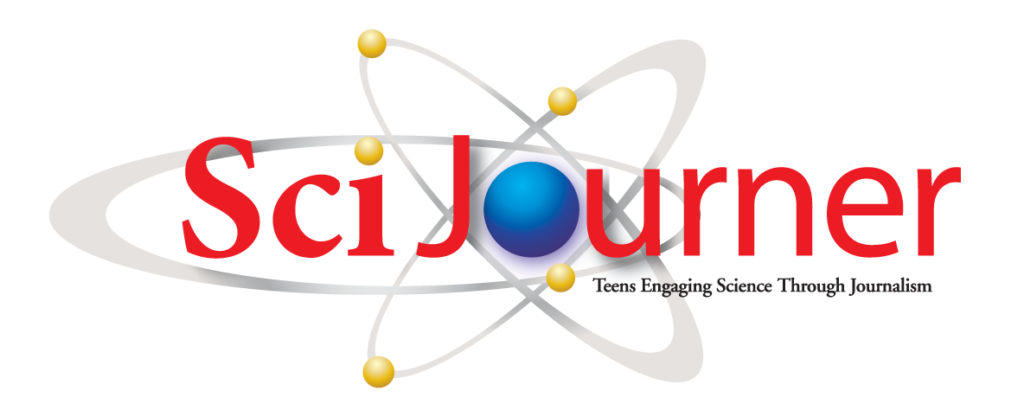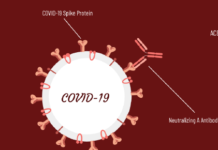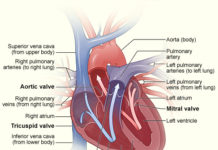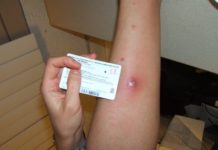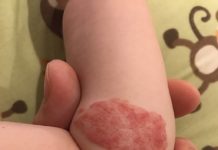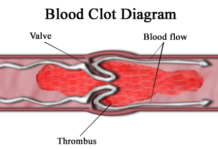By Hannah Jenkins; Farnsley Middle School (Louisville, KY)
Teacher: Marsha Buerger
My grandma, Nina Halahan, was diagnosed with Alzheimer’s Disease when she was 50 years old, but she started worsening when she was 65. According to my mom, Erin Jenkins, when she was first diagnosed she was easily confused and could not follow directions. Right now, it is just gradually getting worse.
“Nina’s symptoms are confusion and severe memory loss,” says Jenkins. “She can’t take any of her medication by herself because she will get it wrong. She doesn’t work or drive, and basically watches TV all day. She is not qualified to go to nursing homes. But has seizures a lot, and goes to the hospital often.”
According to Alz.org, the leading voluntary health organization in Alzheimer’s care, support, and research, Alzheimer’s is a disease that causes malfunctions in the brain such as severe memory loss that interferes with daily life. It is very common for older people, especially over the age of 65. If someone gets this disease and is younger than 65, it is known as early onset.
“More than 5 billion Americans have the disease right now”, Lesley Stahl reported on Sunday’s November 30, 2016, 60 Minutes.
Also according to Alz.org, Alzheimer’s disrupts neurotransmitters by interfering with the job they do. It also kills nerve cells and causes tissue to shrink, making the brain smaller. All the functions of the brain are disrupted. The cortex—the outer layer of the brain that is involved with language and information processing—shrivels up. the hippocampus—helps with memory—shrinks severely, and the ventricles—one of the communicating cavities—grows larger.
According to Mayo Clinic, the cognitive changes include memory loss; difficulty with communicating or finding words, reasoning or problem solving; trouble with handling complex tasks, coordination and motor functions; and confusion and disorientation. The psychological changes include personality changes, depression, anxiety, paranoia, agitation, hallucinations, and behavior changes.
Sadly, there is no known cure for Alzheimer’s disease. However, there are several types of medication that can help maintain thinking, memory, and communication skills. Medications such as Donepezil (all stages), Rivastigmine (moderate stage), Nazmaric (moderate stage), and Galantamine (moderate stage). But for some people the medication is not effective, or it only lasts for a certain time. Nina cannot use any of these medications at this time because her case is so severe that they will not work.
I have also realized that this is not only hard for my grandma, but it is also hard for my mother. She, my aunt, and Nina’s neighbor work very hard to help her. “We try our best to be as helpful as possible, mostly by taking turns getting her groceries or spending the night with her at her hospital,” says Jenkins.

This work is licensed under a Creative Commons Attribution-NonCommercial-NoDerivs 3.0 Unported License
